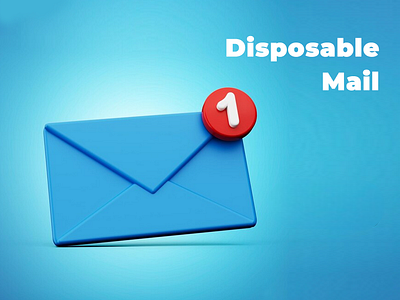Privacy concerns and anonymity are becoming more important in an increasingly digitalized world. This has led to the development of various tools that protect information. Fake email generators are among the most popular. The article explores the functions and uses of these fake email generators as well as the ethical issues surrounding them.
What is Fake Email Generator (FEG)?
Fake email generators, or disposable email services, provide users with temporary emails. The addresses are temporary and can only be used for receiving emails. This period is usually between a couple of minutes up to several days. After the time period has expired, both the email and the data associated with it are removed. The real email address of the user is protected and hidden from spam or phishing attempts.
What is the Fake Email Generator?
The fake email generator works by creating an email address that is temporary and a message mailbox. This is how they work:
Access by the User: A user visits a phony email generator app or website.
Generating: The service creates an email address unique on the fly. The service will often generate a unique email address based on a combination of random characters.
Use: This email address can be used to download files, sign up for sites, and perform other activities that require email confirmation.
Receipt: E-mails sent to a temporary address will be received by the mailbox of the service. These emails can be read by the user through the interface of this generator.
Expiration : The email address is deleted from the system after a certain time period or when the user deletes the message manually.
The Common Features of Fake Email Generation
The fake email generator offers a variety of features that enhance the user experience.
Anonymous: users can create email without providing any personal information.
Temporary storage: E-mails are only stored for a brief period.
User-Friendliness: The majority of services do not require registration.
Spam protection: Users can prevent spam from reaching their main inbox by using a temporary e-mail.
Multiple Email Addresses: users can create multiple emails addresses to suit different needs.
Popular Fake Email Generator Services
Online, you can find a number of fake email services. Each has its own unique features.
Free Email Generator: Provides an easy-to-use interface that generates email addresses automatically.
Guerrilla mail: Offers extra features such as attachment support and customizing addresses.
Ten Minute Mail: Creates emails that expire in 10 minutes, but they can be prolonged if necessary.
Mailinator allows users to access their inbox and create any email addresses on the Mailinator Domain.
TrashMail Allows users to send temporary emails into their primary mailbox before they expire.
Use cases for fake email generators
You can use fake email generators in a variety of scenarios.
Registration online: By using a temporary email, users can sign up for websites without receiving spam.
Test Emails for Developers & Testers: Developers & testers can test emails without cluttering up their inboxes by using disposable email.
Anonymous Communications: Allows users to communicate without divulging their email addresses.
Transactions One-Time: A temporary email is a good way to protect your privacy when you are making a one-time purchase or downloading a file.
Ethical considerations
Fake email generators are not only useful, but they raise questions about ethics.
Legal Use: It is acceptable to use temporary emails in order to protect your privacy and avoid spam. Using them to commit malicious acts, like fraud or harassment is illegal and unethical.
Terms Of Service: The terms of service of many websites prohibits the use of fake email. Violation of these terms may result in account suspensions or legal actions.
Transparency The user should be aware of the fact that certain services log IP addresses and retain data to analyze. You should always read the privacy policies to understand how data is handled.



